
Looking for a bold red wine that’s as unforgettable as it is underrated? Meet Alicante Bouschet—a deep-colored, powerhouse grape with a rebellious edge. In this guide, we explore its origins, winemaking styles, sensory profile, food pairings, and why it's gaining ground in a warming world. From Portugal to California, this is a wine built for impact.
Alicante Bouschet, also known as Alicante Bouchet, is a rare, vibrant and fruit-forward red wine made from one of the few teinturier grapes with both red skin and red flesh. Known for its deep colour and bold character, it delivers jammy flavours of blackberry, plum, and cherry, layered with spice and smoke. Created in 1866 when Henri Bouschet crossed Grenache (called “Alicante” in southern France) with Petit Bouschet, this grape was engineered for power and pigment. Its deep colour and high tannin content make it a sought-after blending grape.
Once dismissed as a “workhorse blender,” Alicante Bouschet is now enjoying a renaissance. Modern winemakers craft single-varietal bottlings that showcase its depth, while its adaptability to heat and drought makes it one of the most climate-resilient red grapes in the world. In short, AB is no longer a backup singer — it’s a headliner.
Few red grape varieties are as recognizable as Alicante Bouschet in the wine world. Its berries are unusual: thick purple skins and red pulp. This rare trait guarantees deeply pigmented wines, sometimes so dark that they resemble ink in the glass.
Alicante Bouschet plantings are vigorous and disease-resistant, but they can produce high yields only if carefully managed. Late ripening ensures concentrated sugars (leading to elevated alcohol), balanced by moderate acidity. In skilled hands, these widely planted vines offer reliability and high-quality wines.
The result: a robust, full-bodied red with tannic backbone and a velvety finish — built both for instant impact and long-term cellaring. Alicante Bouschet produces big, bold, fruit-forward wines with flavours ranging from blackberries and blueberries to dark chocolate and baking spice.
Alicante Bouschet is the product of 19th-century French ingenuity. Henri Bouschet sought a grape that could provide intense colour, high yields, and resilience after Phylloxera ravaged vineyards. His cross, Grenache × Petit Bouschet, was an instant success. By the early 20th century, it was one of the most planted grapes in southern France. Alicante Bouschet has significant plantings in the French regions of Languedoc, Provence, and Cognac.
In the United States, Alicante Bouschet gained cult status during Prohibition (1920–1933). Its hardy skins allowed it to survive train rides across the country. One legendary auction in 1928 saw 225 railcars of Alicante grapes sold to a single buyer — enough for millions of bottles of homebrew. Alicante Bouschet was extensively planted in California before and during Prohibition for use by home winemakers.
But after Prohibition, and with France’s shift to higher-quality varieties, Alicante Bouschet’s reputation slid. By mid-century, it was considered a bulk grape, valued more for blending than finesse. It is often used as a blending grape to enhance color and richness in wines due to its high pigment concentration.
Its redemption came in Portugal and Spain. In Alentejo, it became the backbone of powerful reds, often bottled as a single varietal. In Spain, under the name Garnacha Tintorera, it thrived in Almansa and Valencia blends. The Almansa region in Castilla-La Mancha is an important area for Alicante Bouschet in Spain. Today, Alicante Bouschet has evolved from utilitarian filler to cult classic — a comeback story that proves resilience can be sexy.
Winemaking with Alicante Bouschet is about taming intensity. Since its juice is already red, winemakers often use shorter macerations to avoid over-extraction. Left unchecked, the grape’s thick skins can lead to overwhelming tannins.
Modern techniques highlight its versatility:
Some producers also craft rosé and fortified wines, where its pigment is a natural advantage. The guiding principle is balance: showcase fruit richness while controlling tannin grip.
Alicante Bouschet is theatrical in the glass: opaque purple-black, staining anything it touches. Its profile combines fruit richness with earthy complexity. This wine is often described as having an intense surprise factor on the palate when first tasted.
This is a wine built for impact: bold fruit upfront, structured tannins mid-palate, lingering spice and smoke on the finish.
The rule with Alicante Bouschet: pair intensity with intensity. Its boldness demands equally bold dishes.
Perfect Pairings:
Alicante Bouschet can handle smoke, spice, and richness — few wines pair as comfortably with such a range of cuisines. For this reason, it is highly prized by sommeliers and consumers alike.
Alicante Bouschet thrives in warm, dry climates where many traditional grapes struggle. Thanks to its adaptability, it plays a significant role for growers in Mediterranean and arid regions. The wine's structure and flavour can vary significantly depending on the climate in which it is grown.
Key Regions and Characteristics:
Emerging plantings are found in Chile’s Central Valley, Israel, Italy and North Africa, where heat tolerance is critical. With climate change pushing vineyards into warmer extremes, Alicante Bouschet is seen as a climate-adapted red of the future. The grape has spread to other regions such as Chile, North Africa, Italy, and Israel due to its adaptability.
Serve slightly cool (60–68°F / 15–20°C) in a large red glass to showcase aromatics. Decant 30–60 minutes to soften tannins.
Key Serving & Storage Tips:
Grape Type:
Pigment:
Body & Tannins:
Flavors:
Regions:
Common Uses:
Food Pairing:
Both yield dark, structured reds, but Alicante Bouschet is the engineered powerhouse, while Monastrell is the rustic traditionalist.
Alicante Bouschet is a poster child for sustainable viticulture. Its drought resistance reduces water needs. Thick skins resist rot and disease, reducing the need for chemical inputs. High yields allow efficient land use.
In Alentejo, estates like Herdade do Mouchão integrate biodiversity, use organic methods, and even produce honey from estate beehives. In France, some Languedoc growers cultivate AB with biodynamic methods, appreciating its resilience.
Its adaptability to hot, dry conditions also makes it a climate-change solution grape. As traditional varieties struggle, AB thrives — proving sustainability isn’t just about organics, but about long-term adaptability.
Alicante Bouschet is not a subtle wine. It’s a declaration. With its ink-black colour, velvety power, and resilient history, it has evolved from a blending grape to a cult varietal.
If Cabernet Sauvignon is a tailored suit and Pinot Noir a silk scarf, Alicante Bouschet is a leather jacket: bold, edgy, and unforgettable. It’s a must-try for fans of powerful reds, and with climate change reshaping vineyards, it may soon be more than a curiosity. It may be a cornerstone.

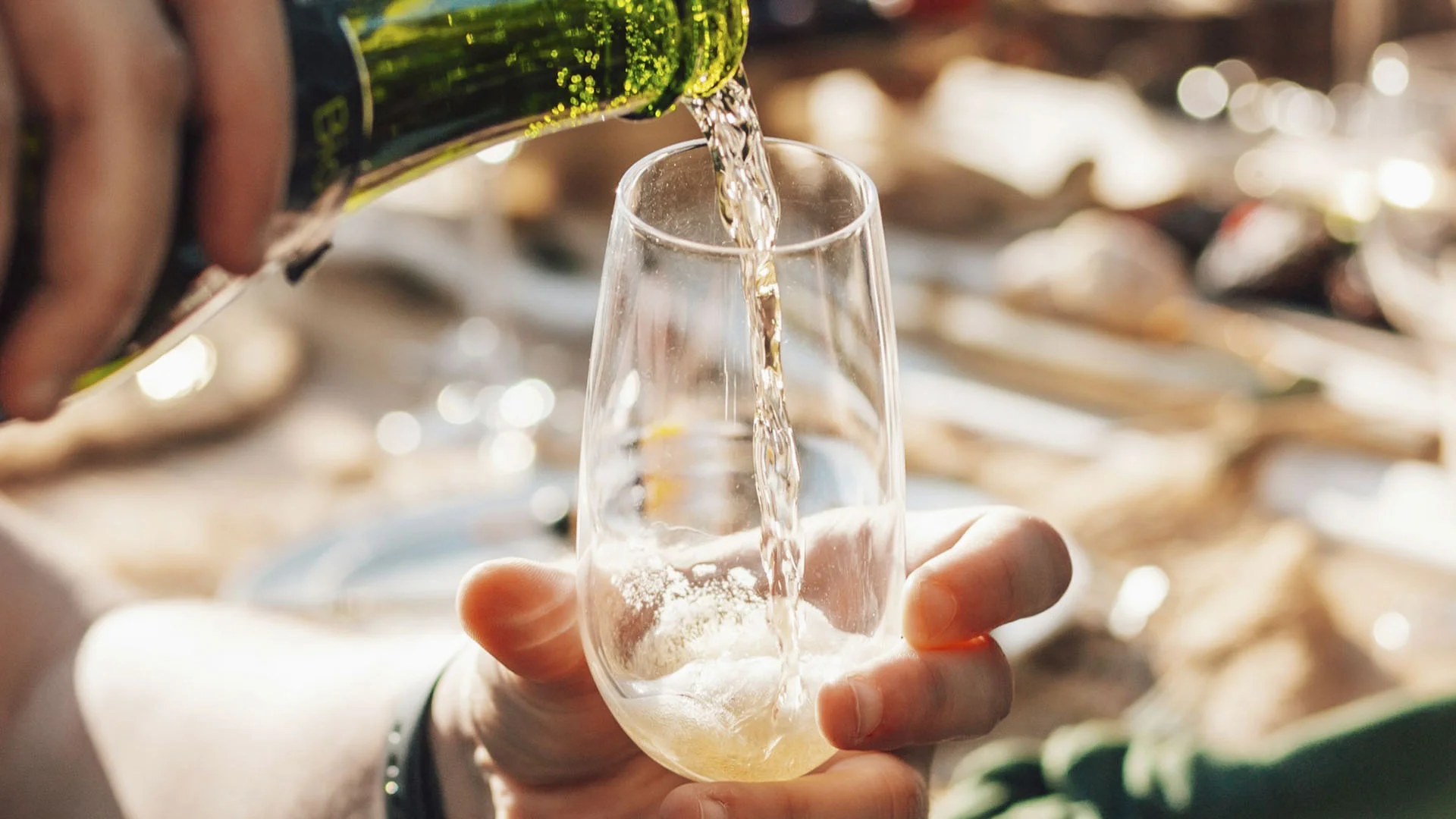

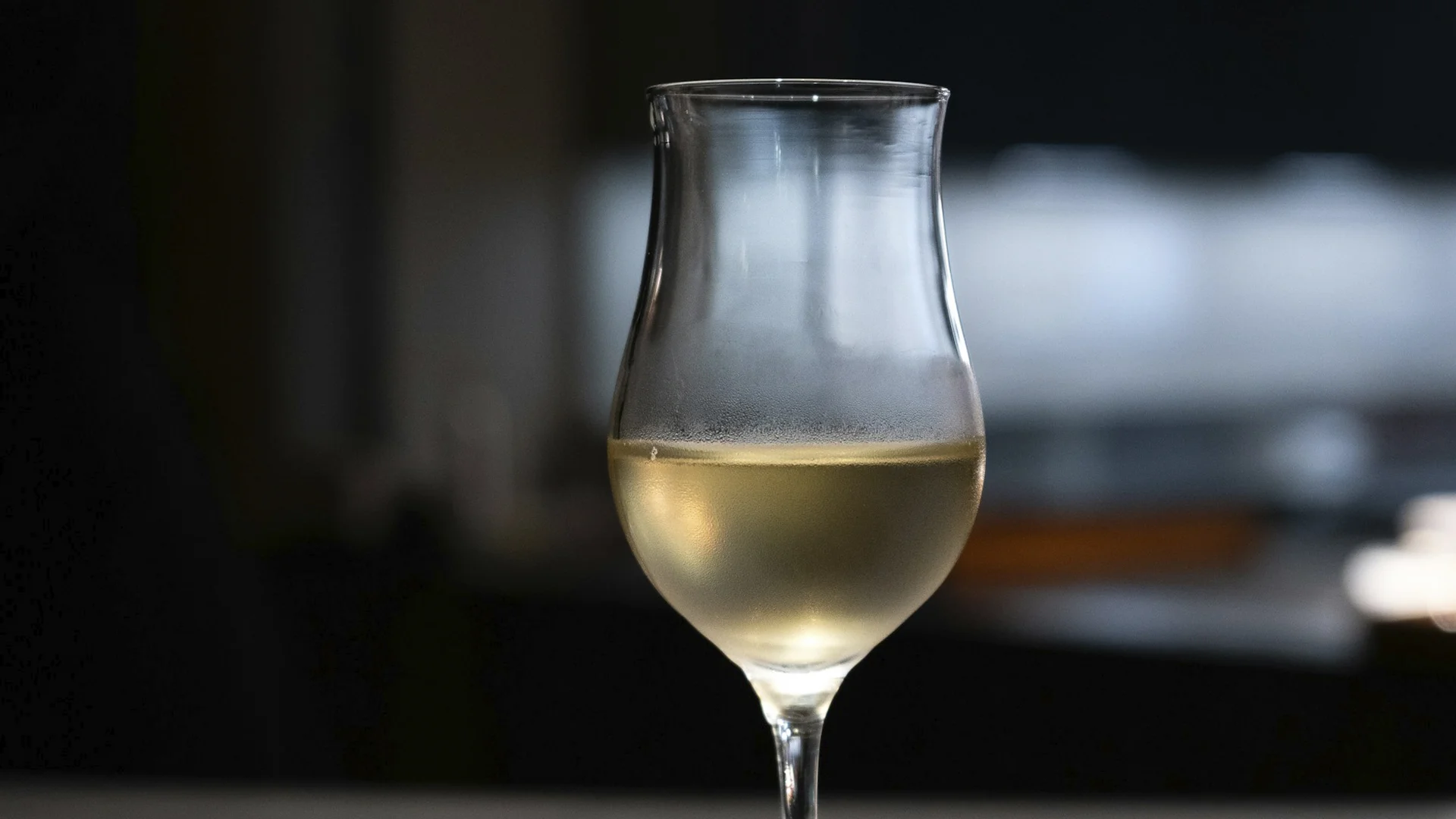
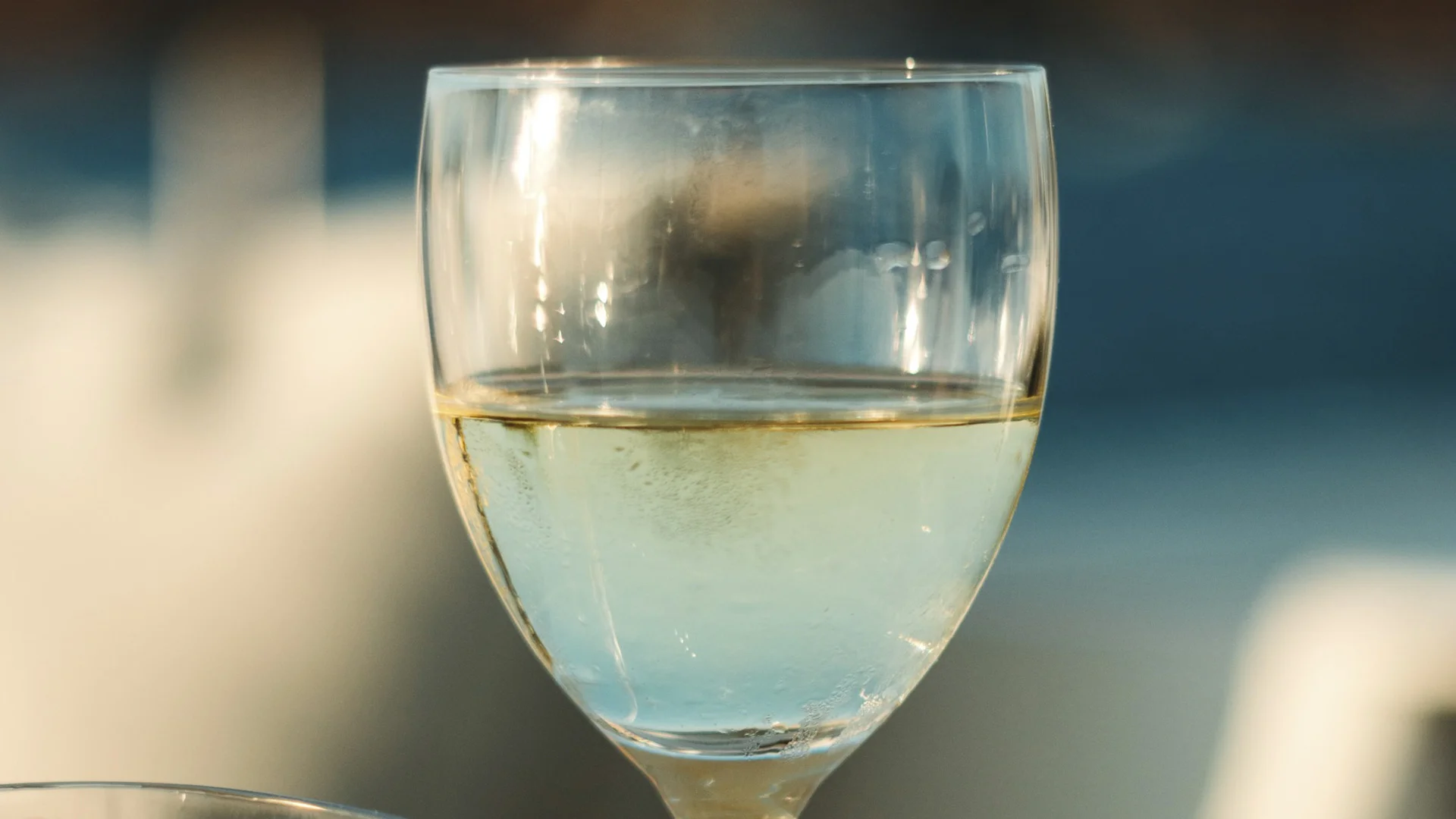
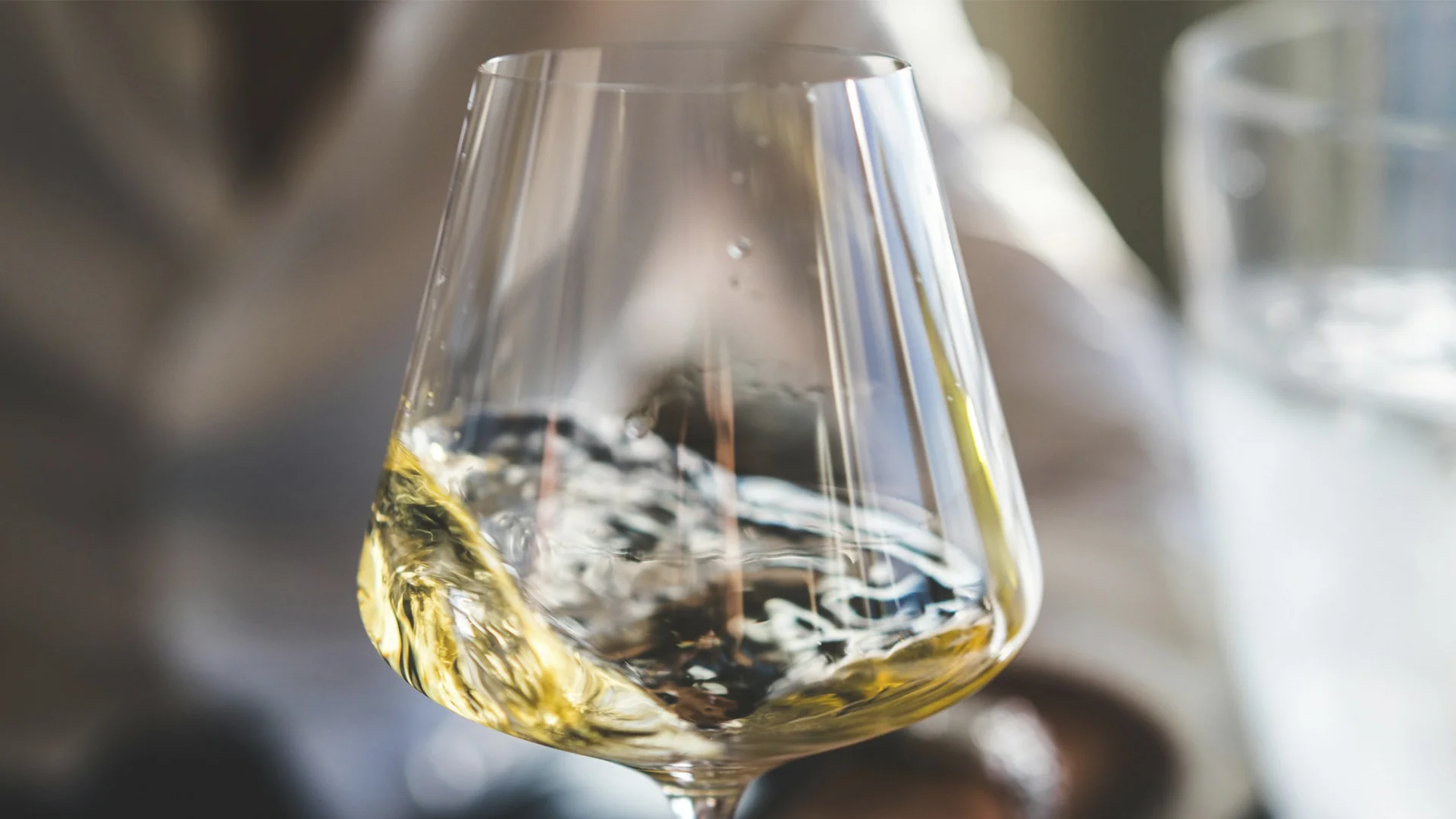
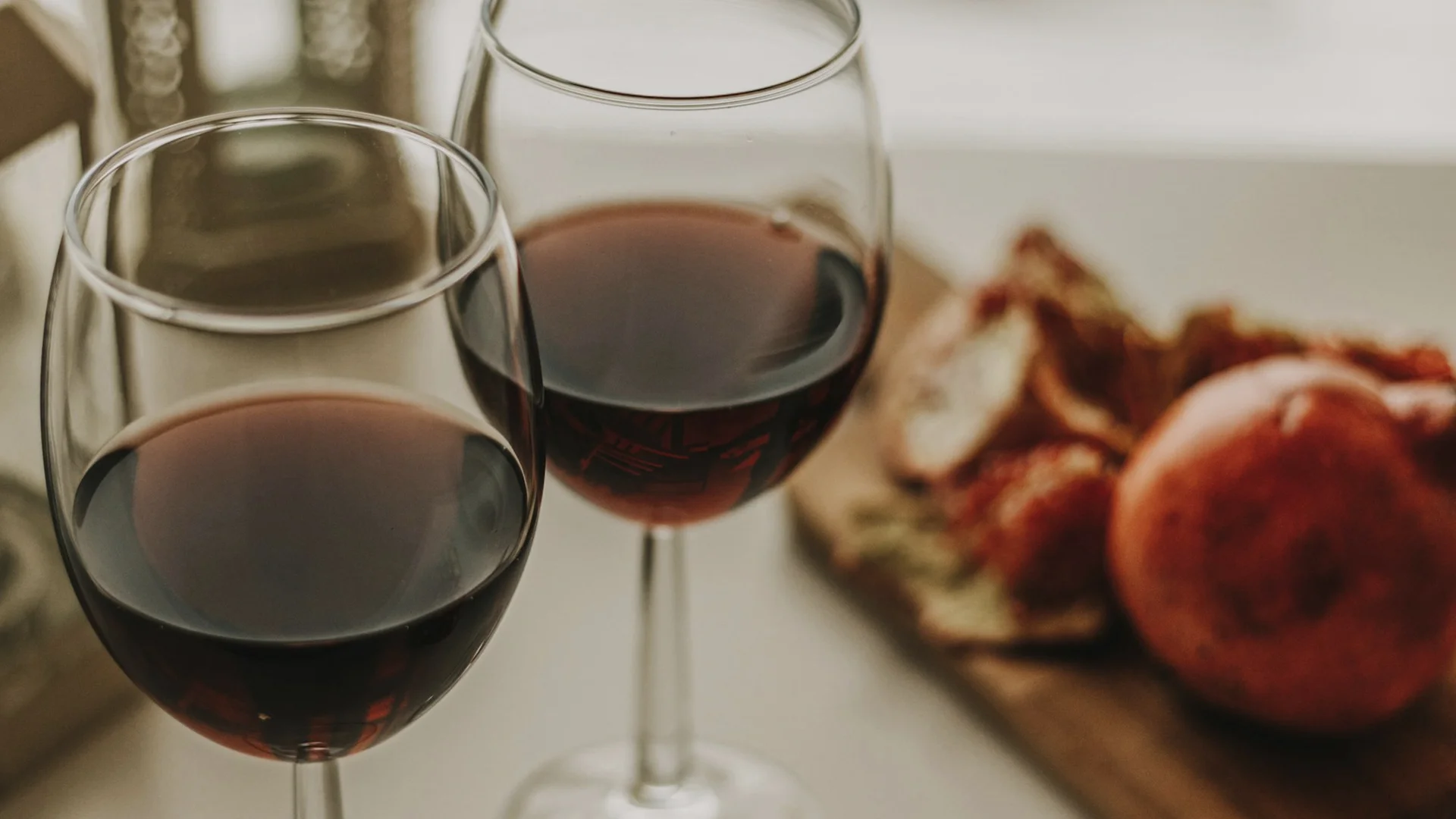

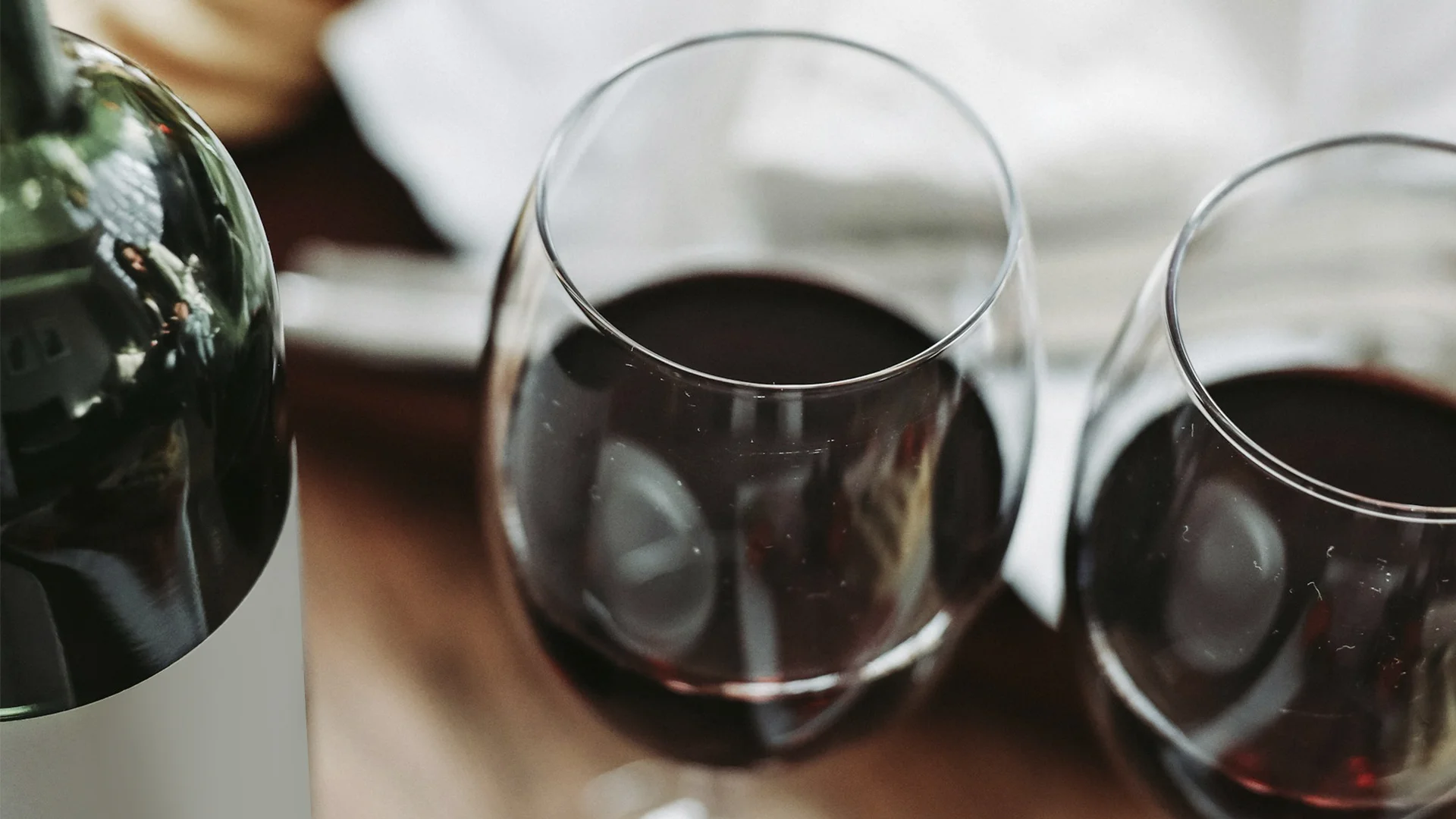
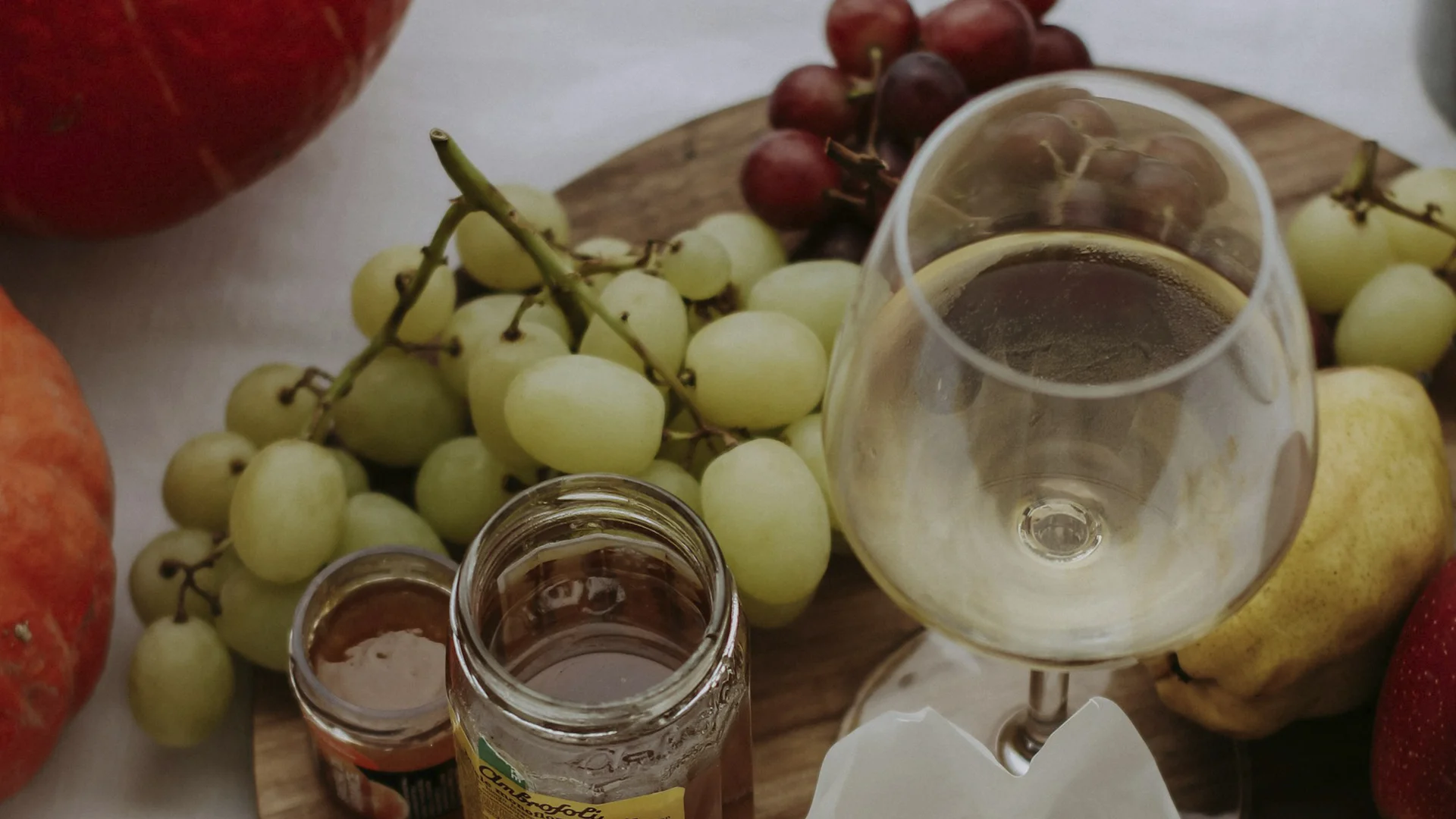


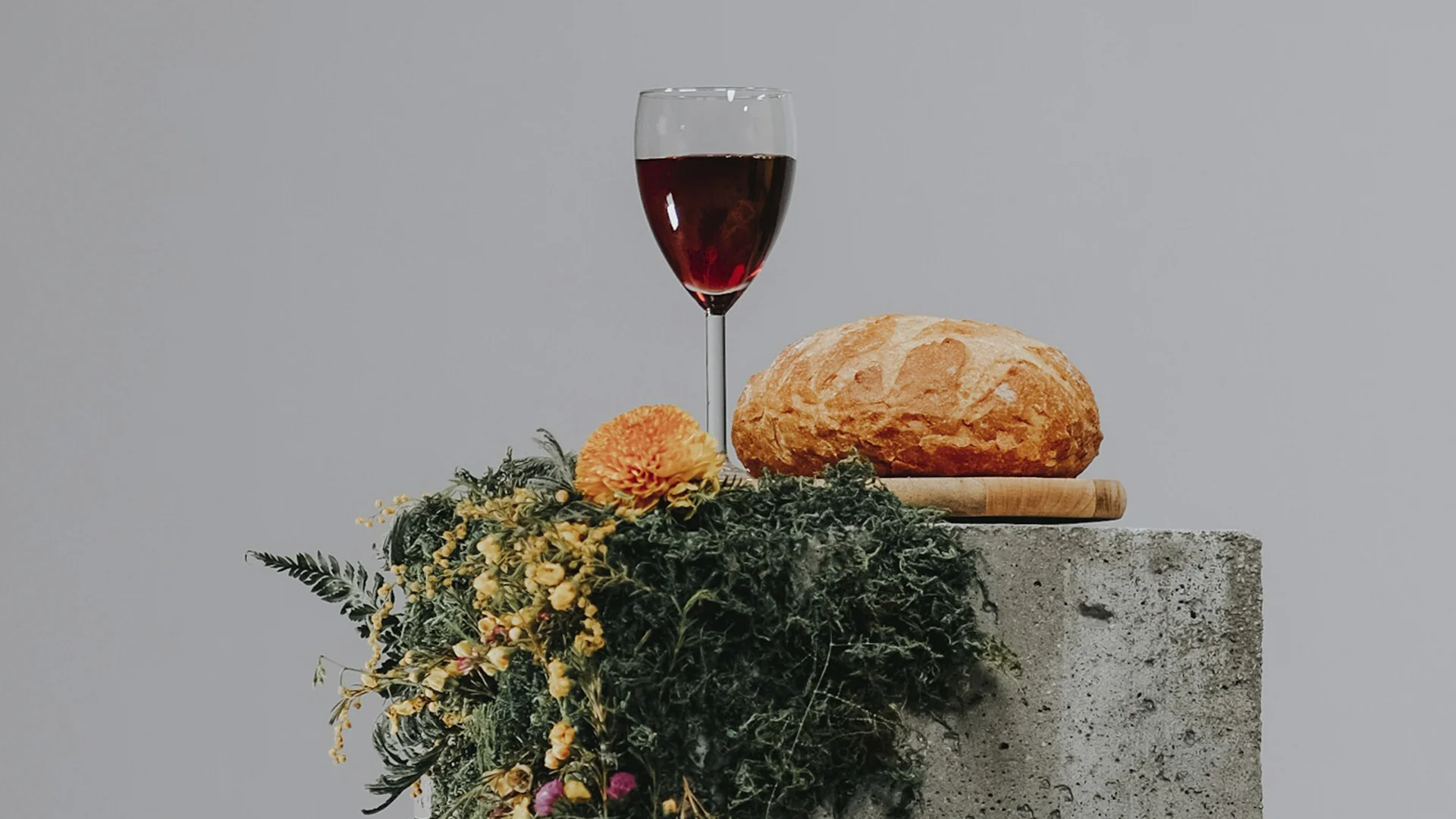
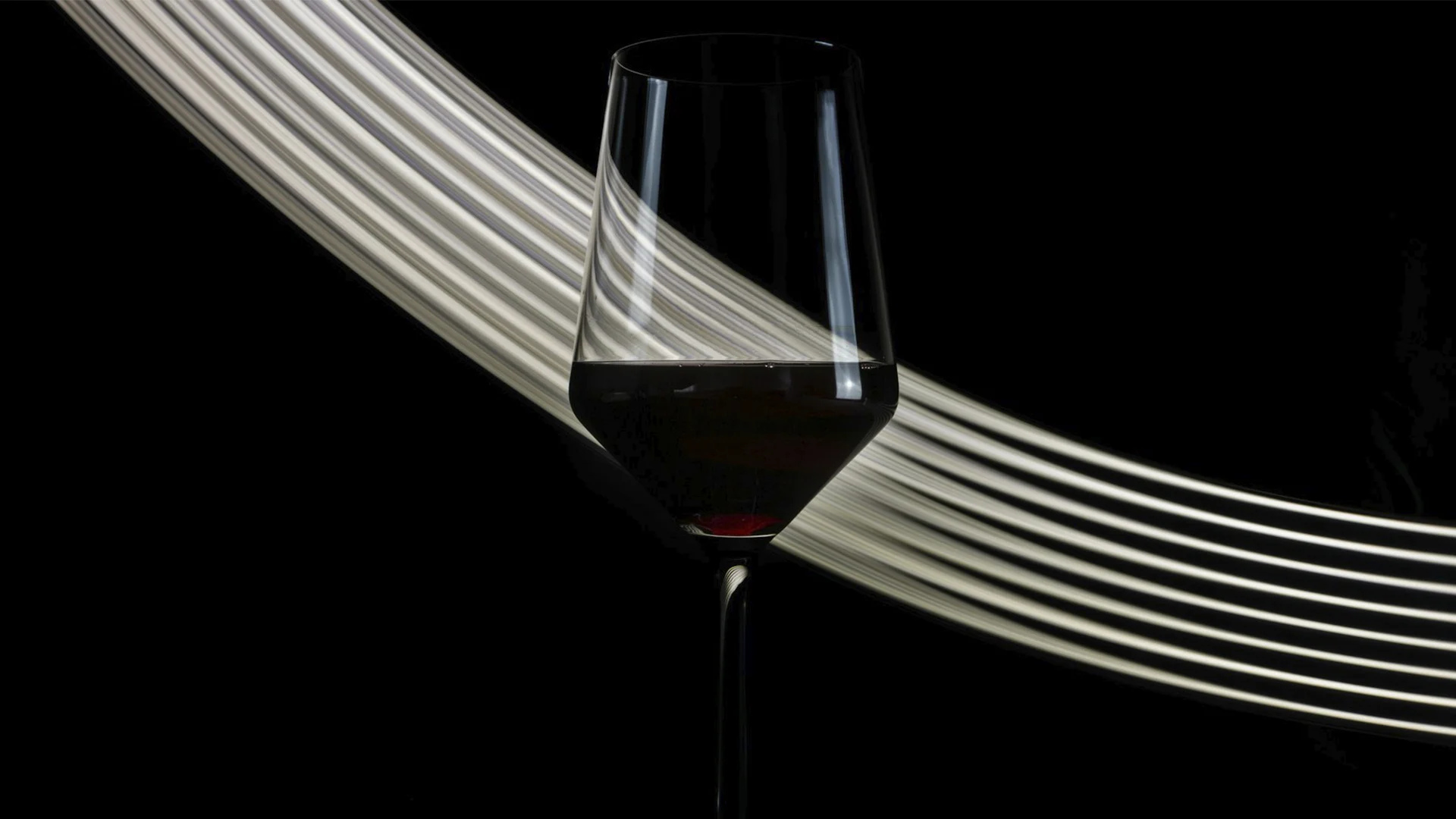





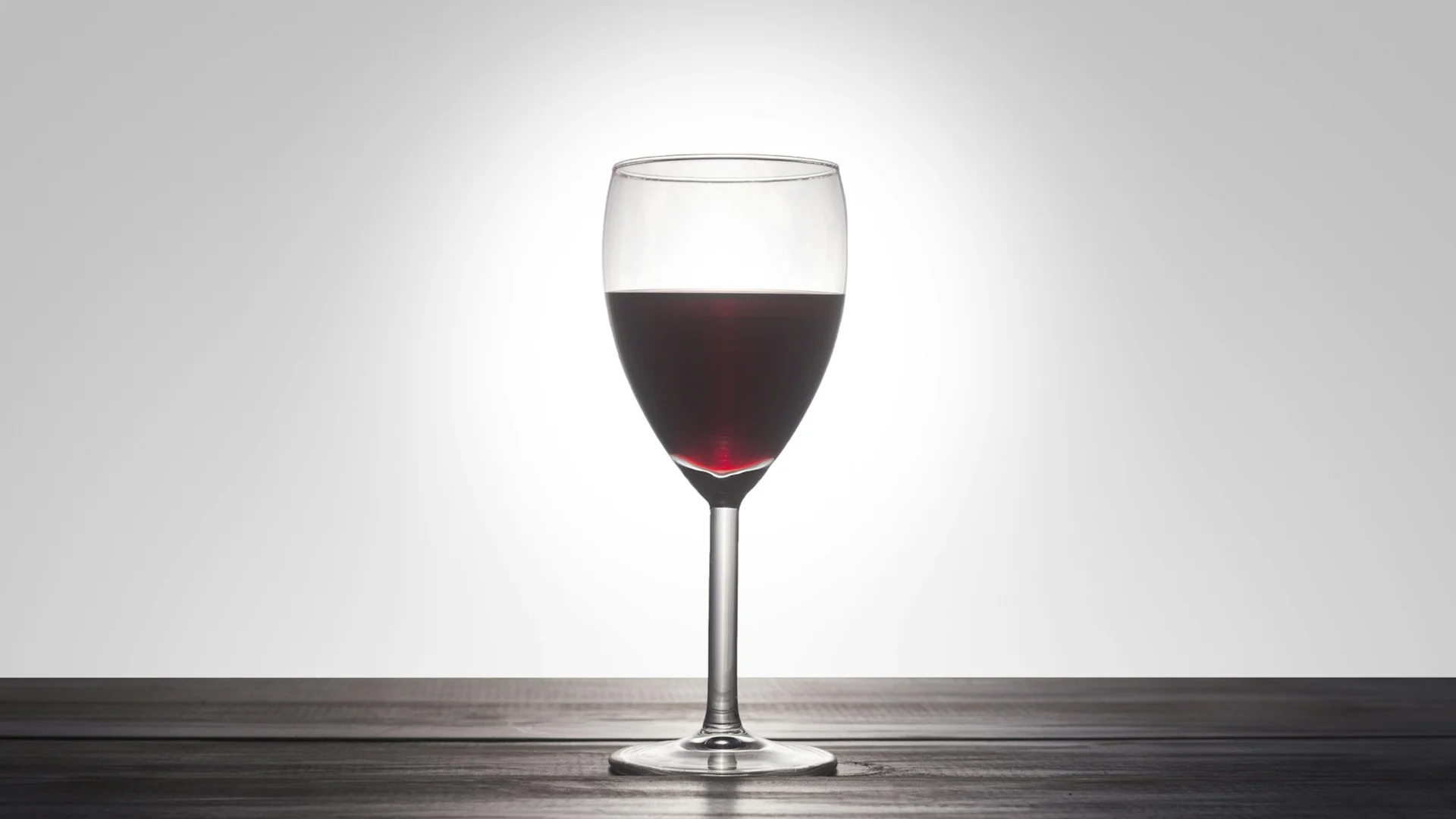


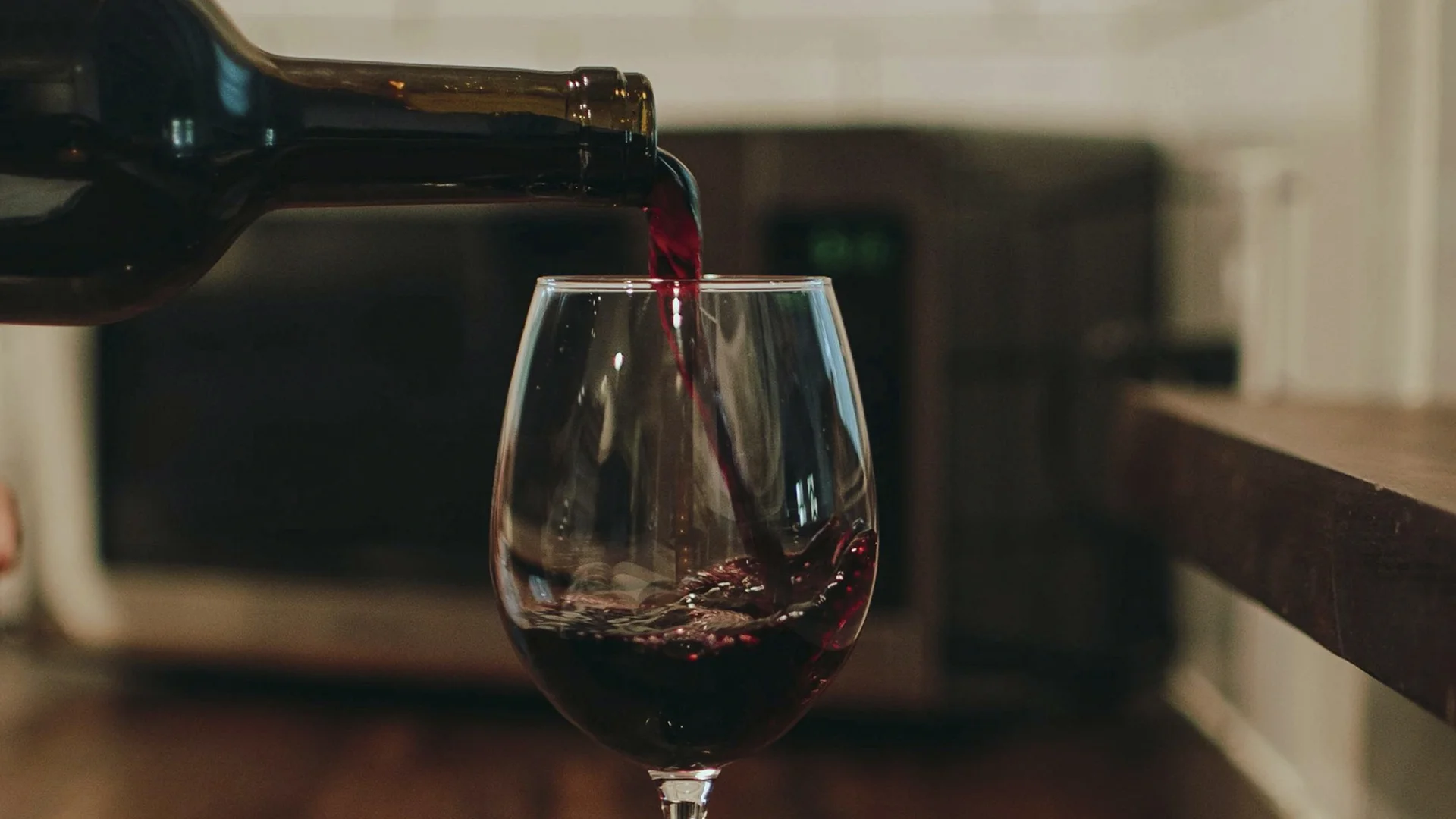
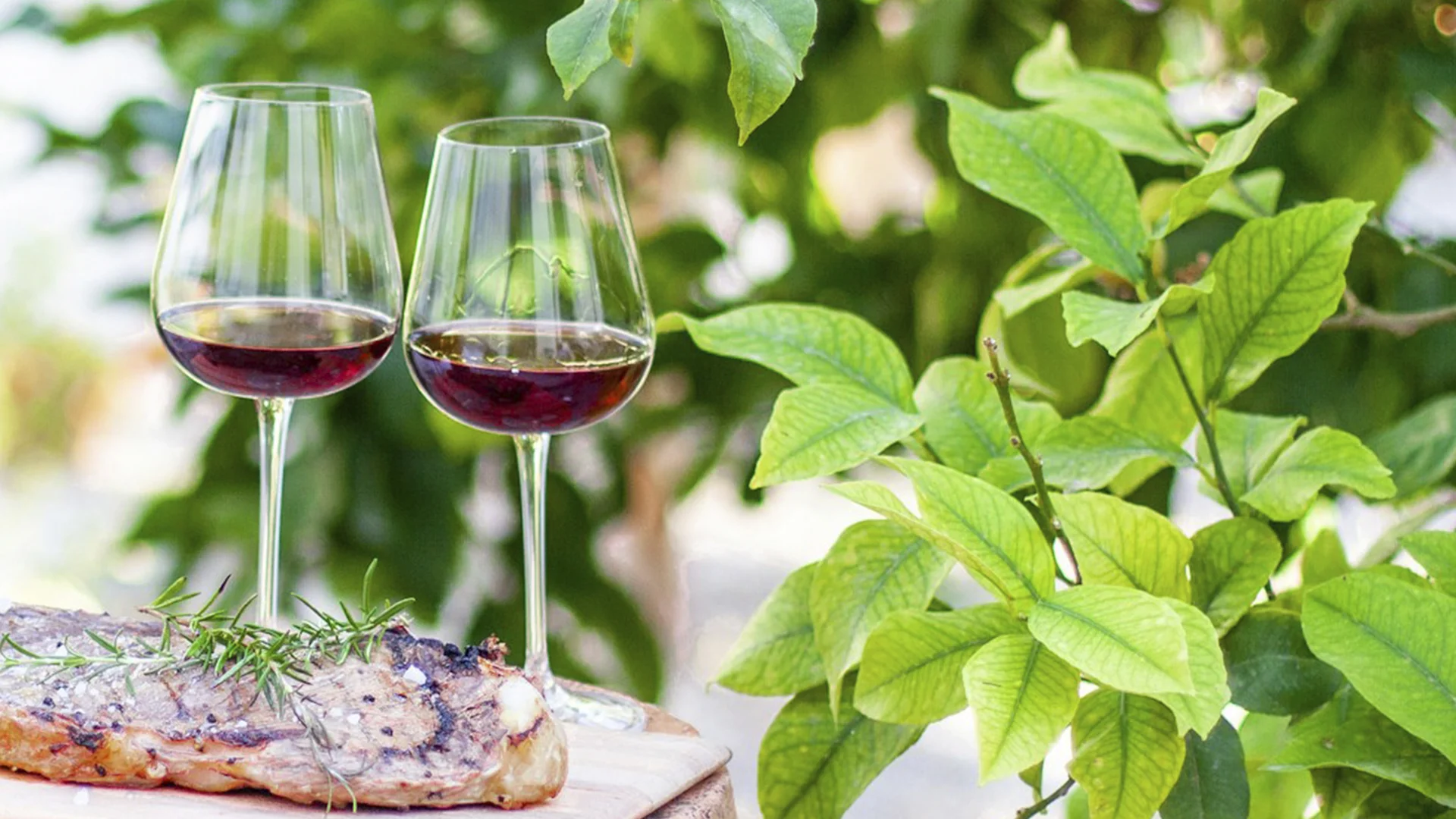

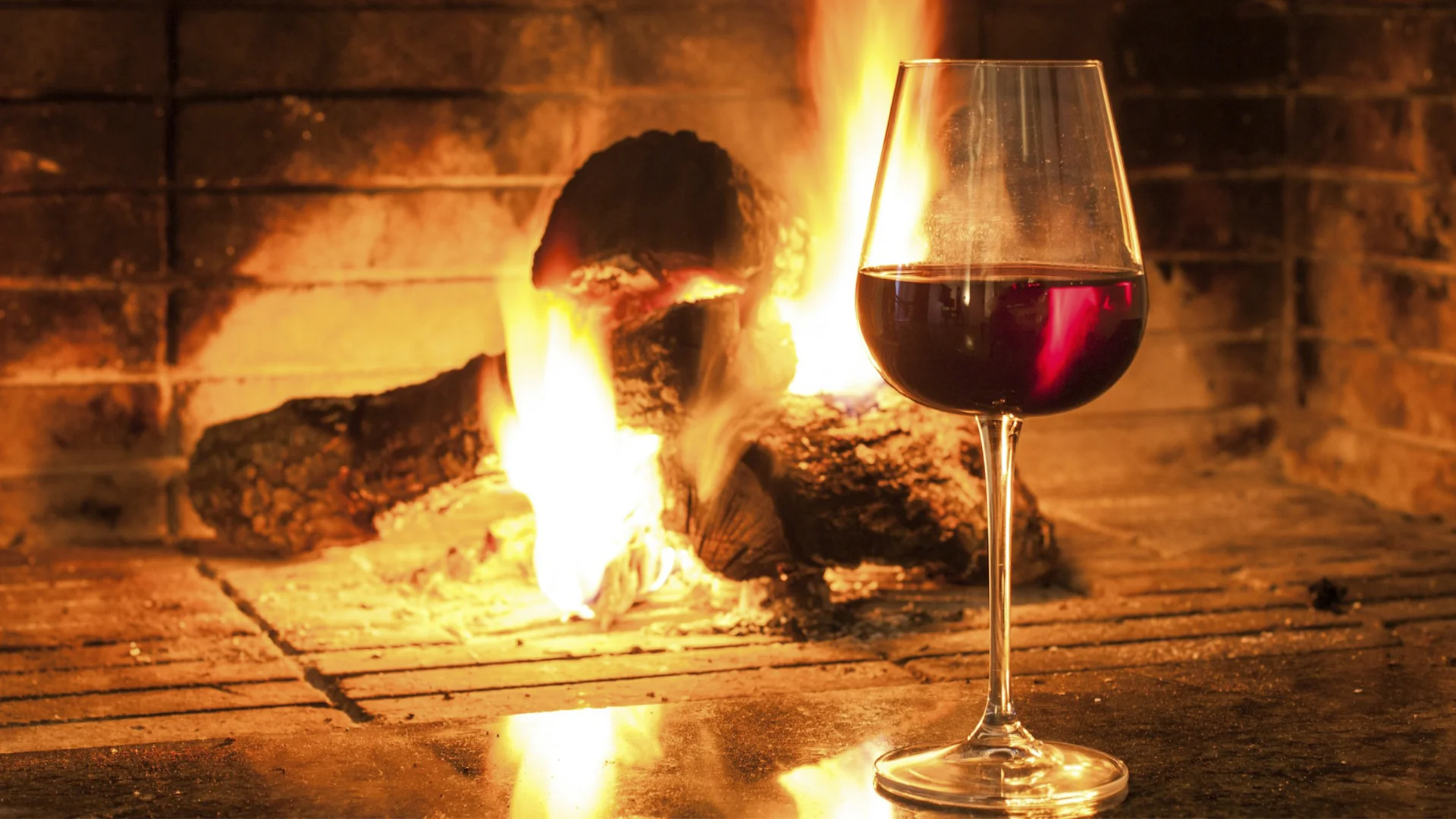
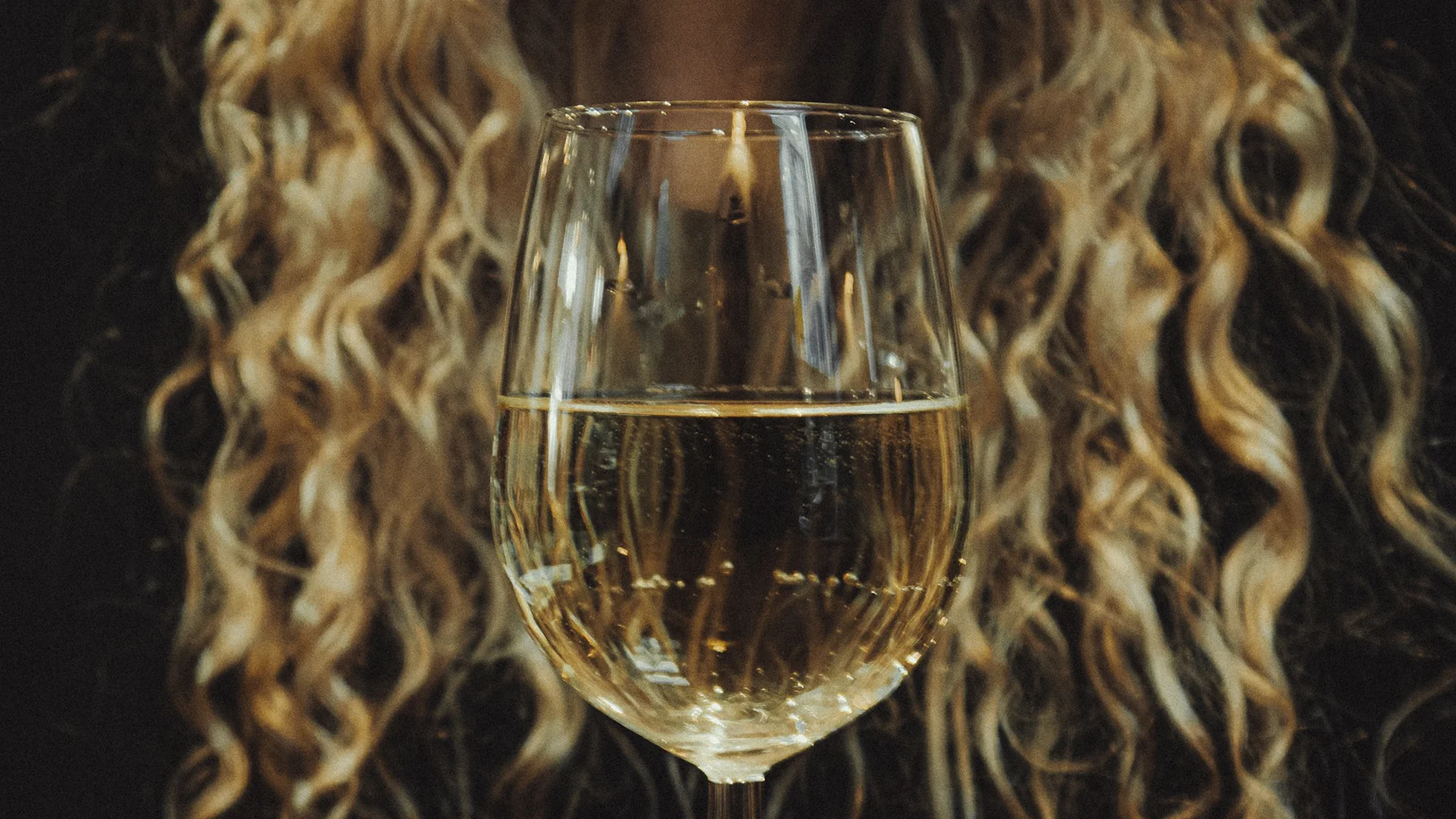


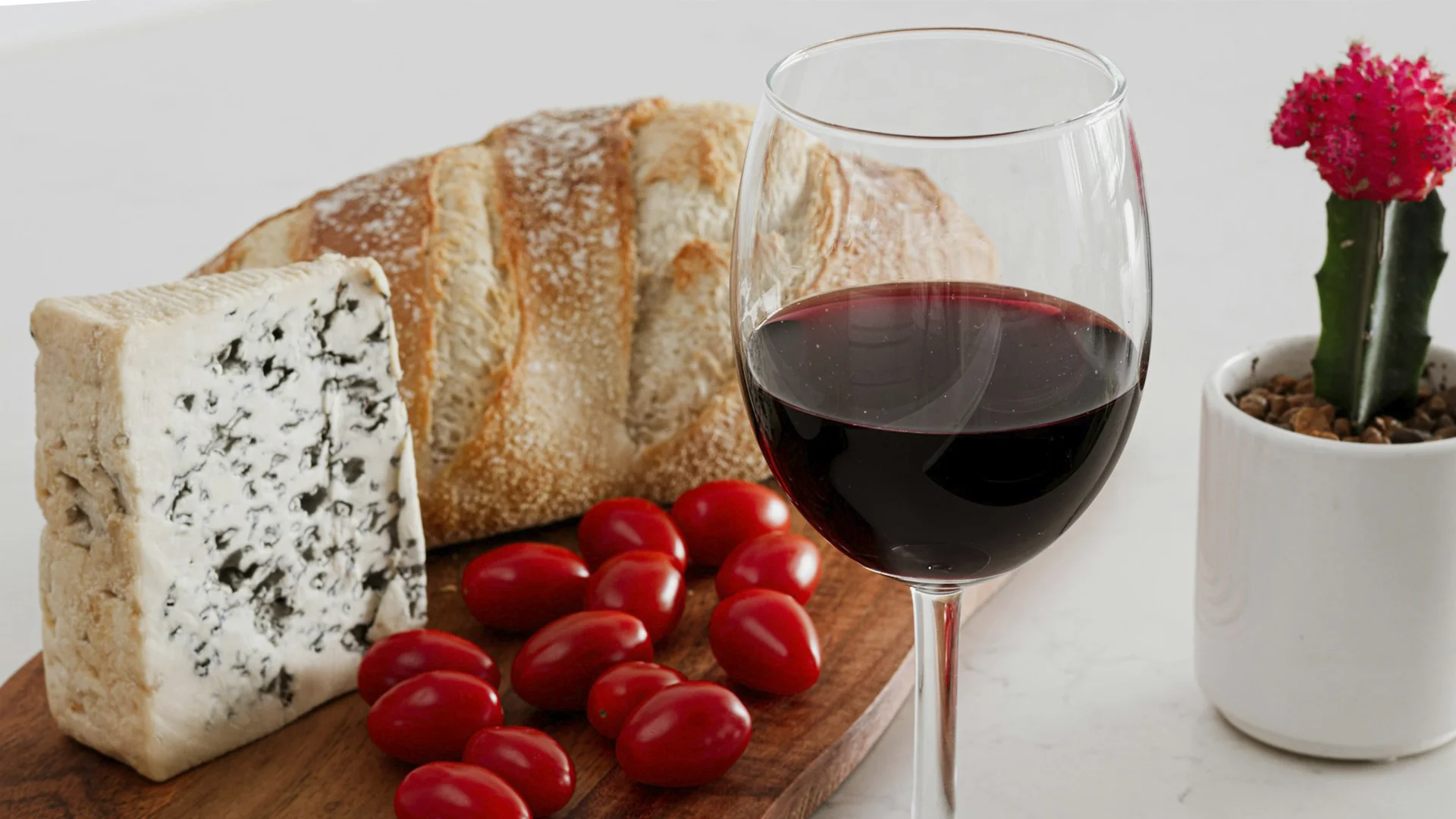

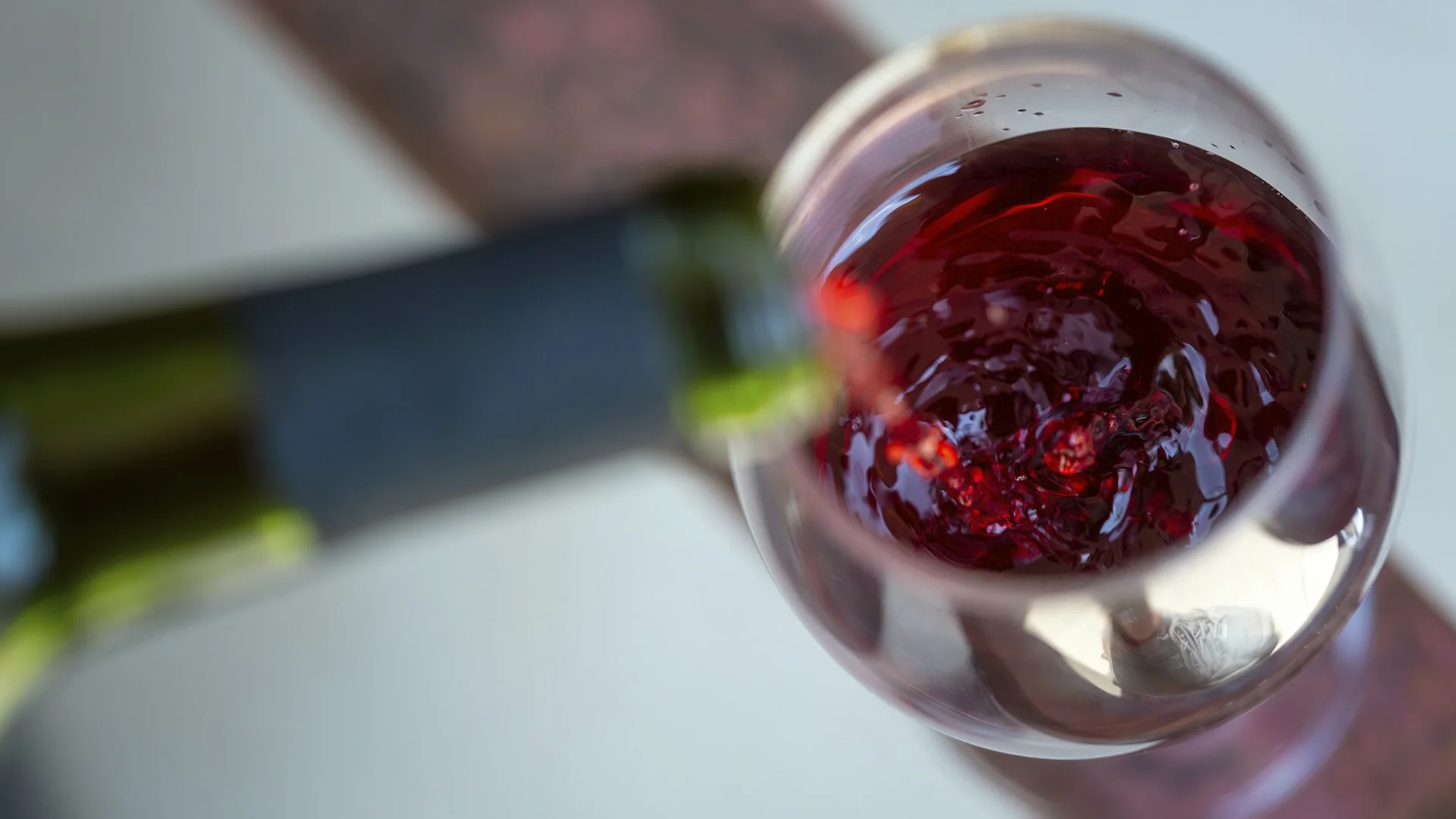

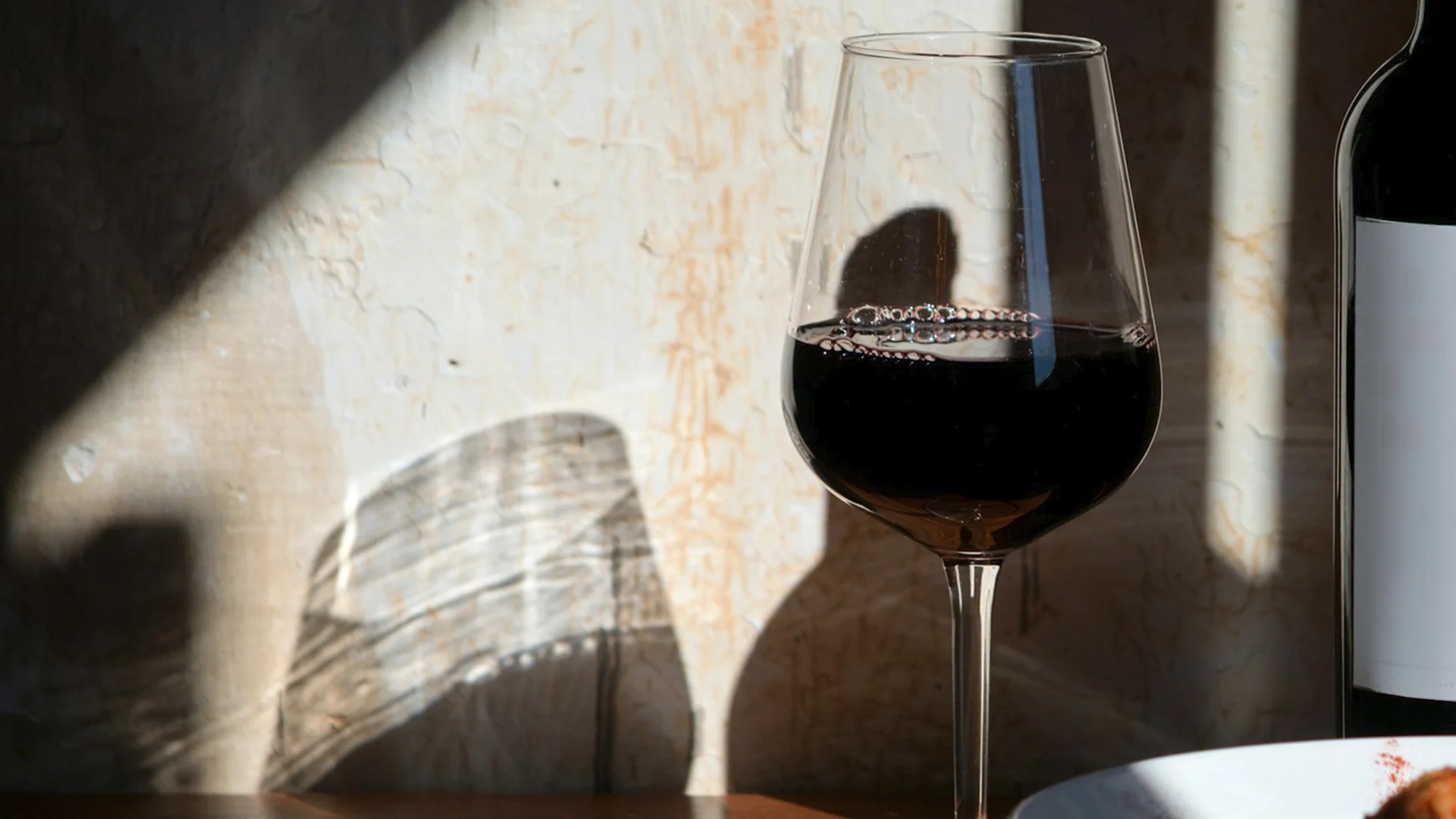
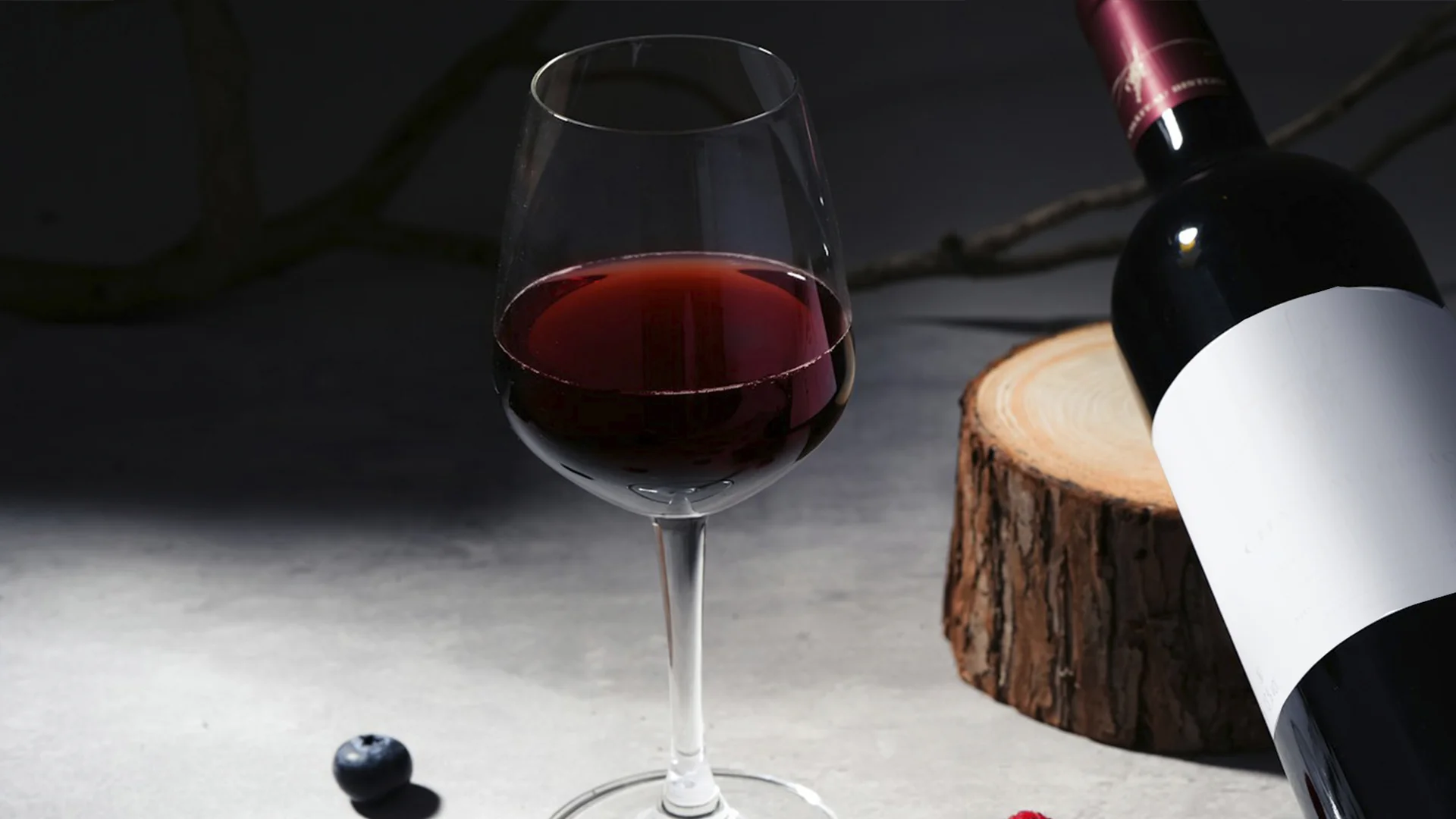
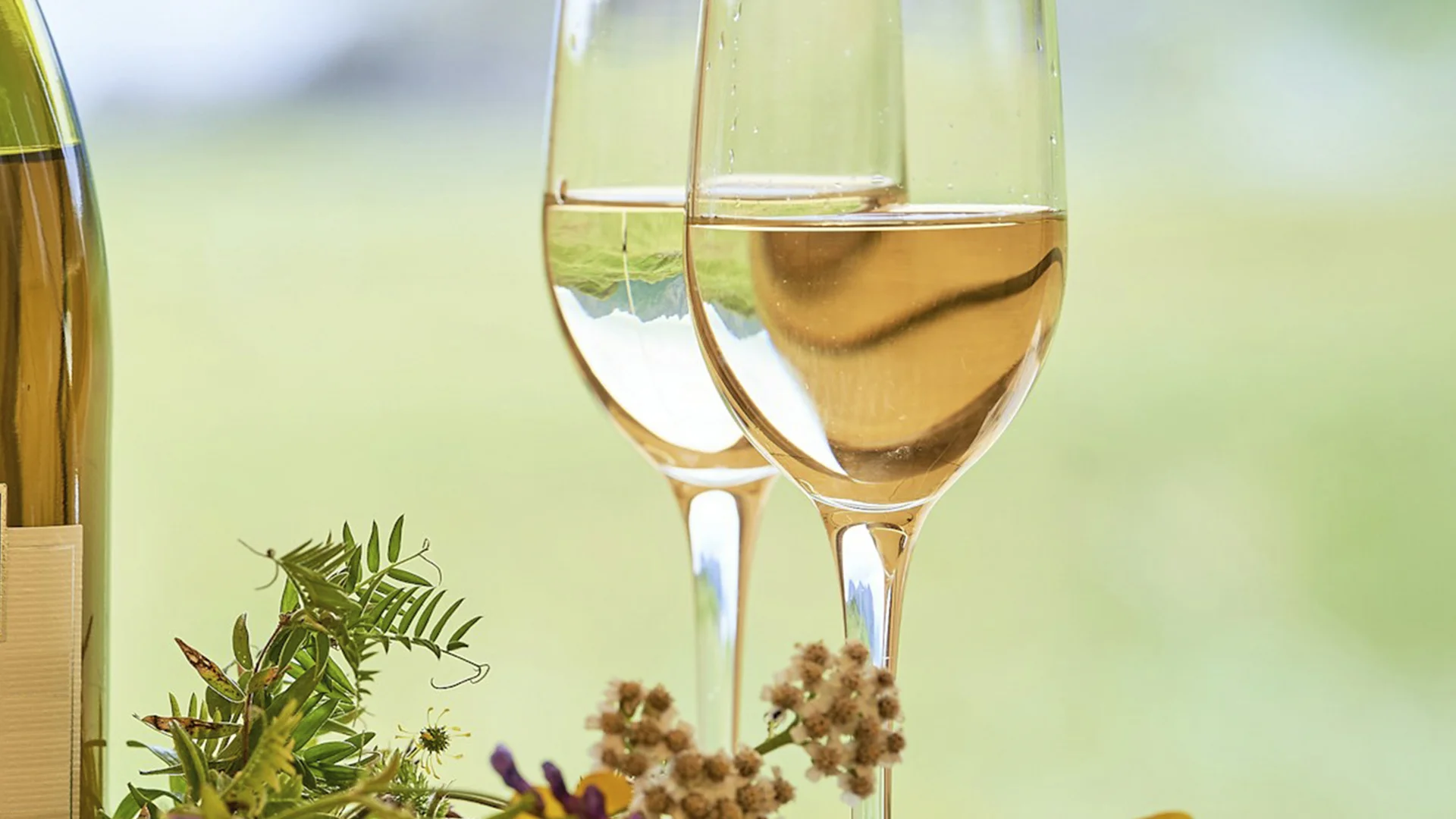
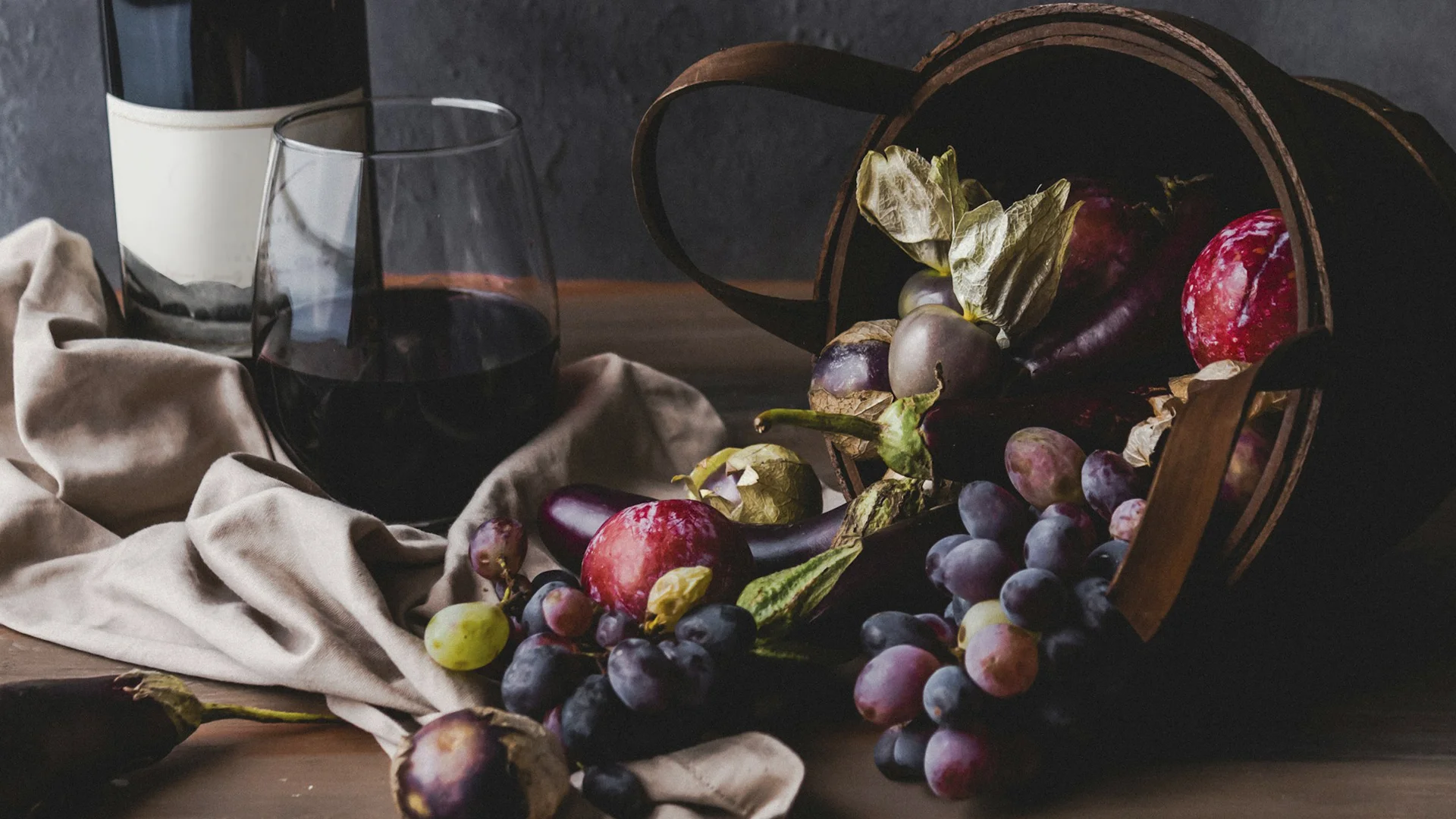
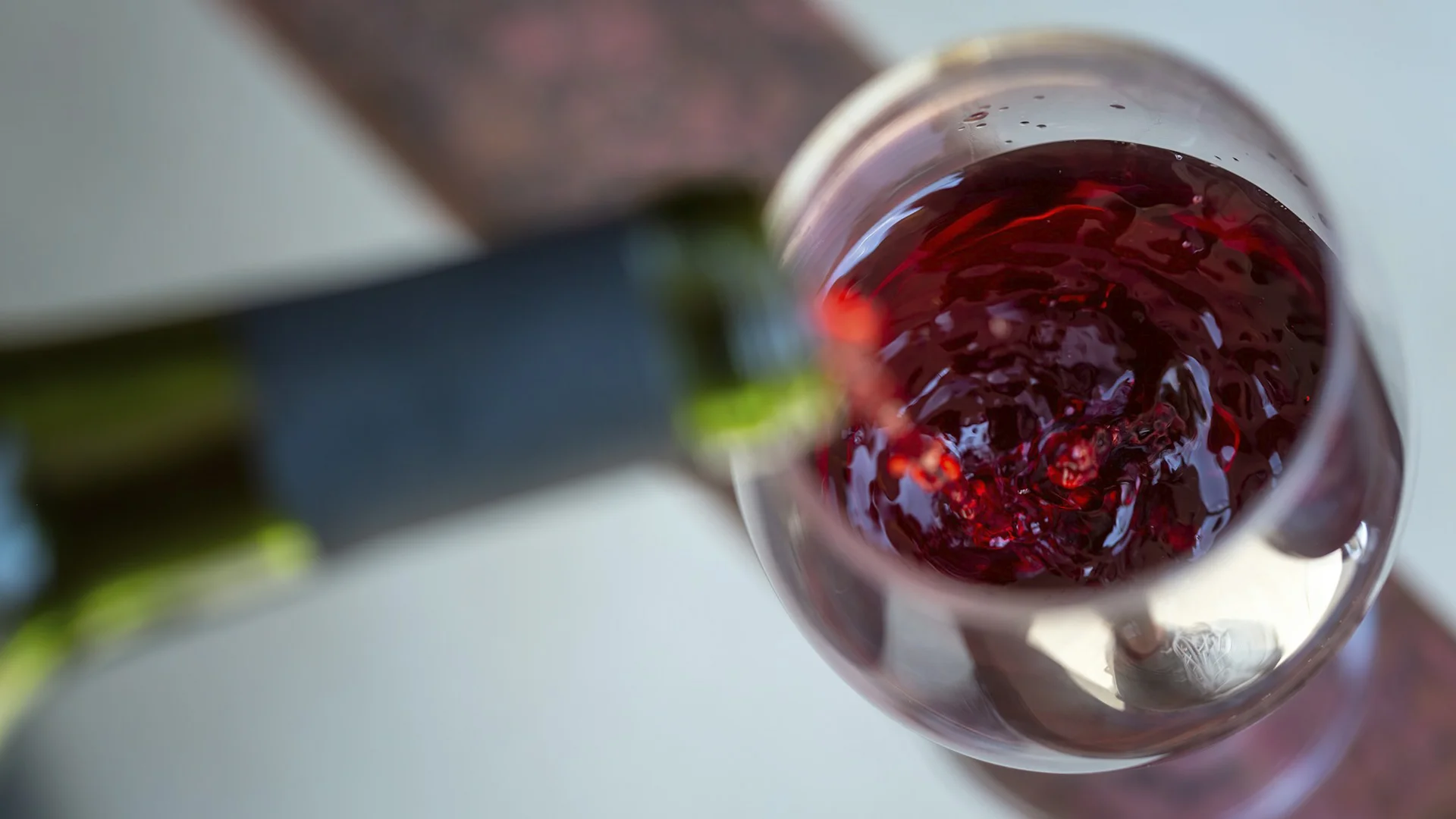
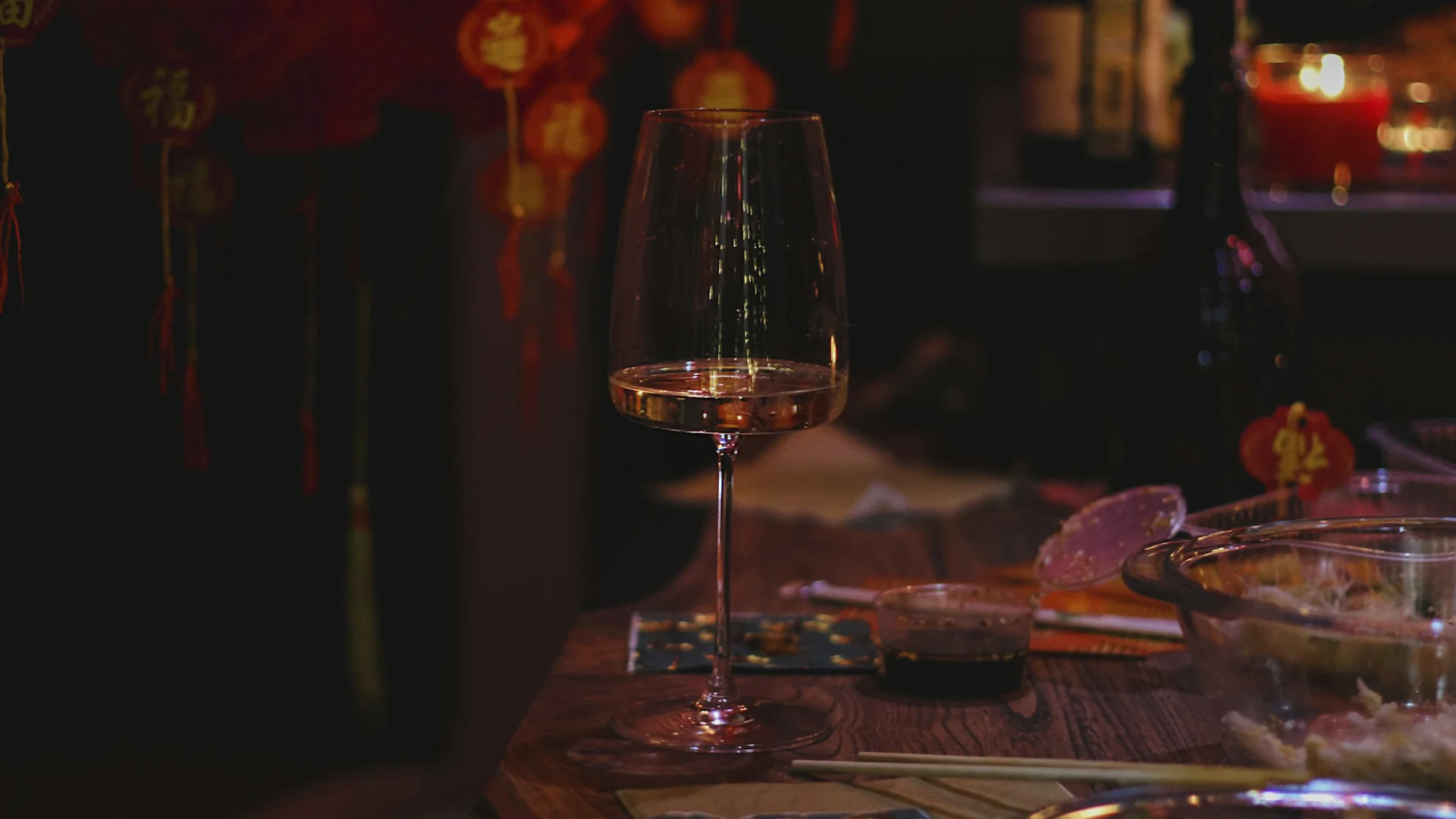






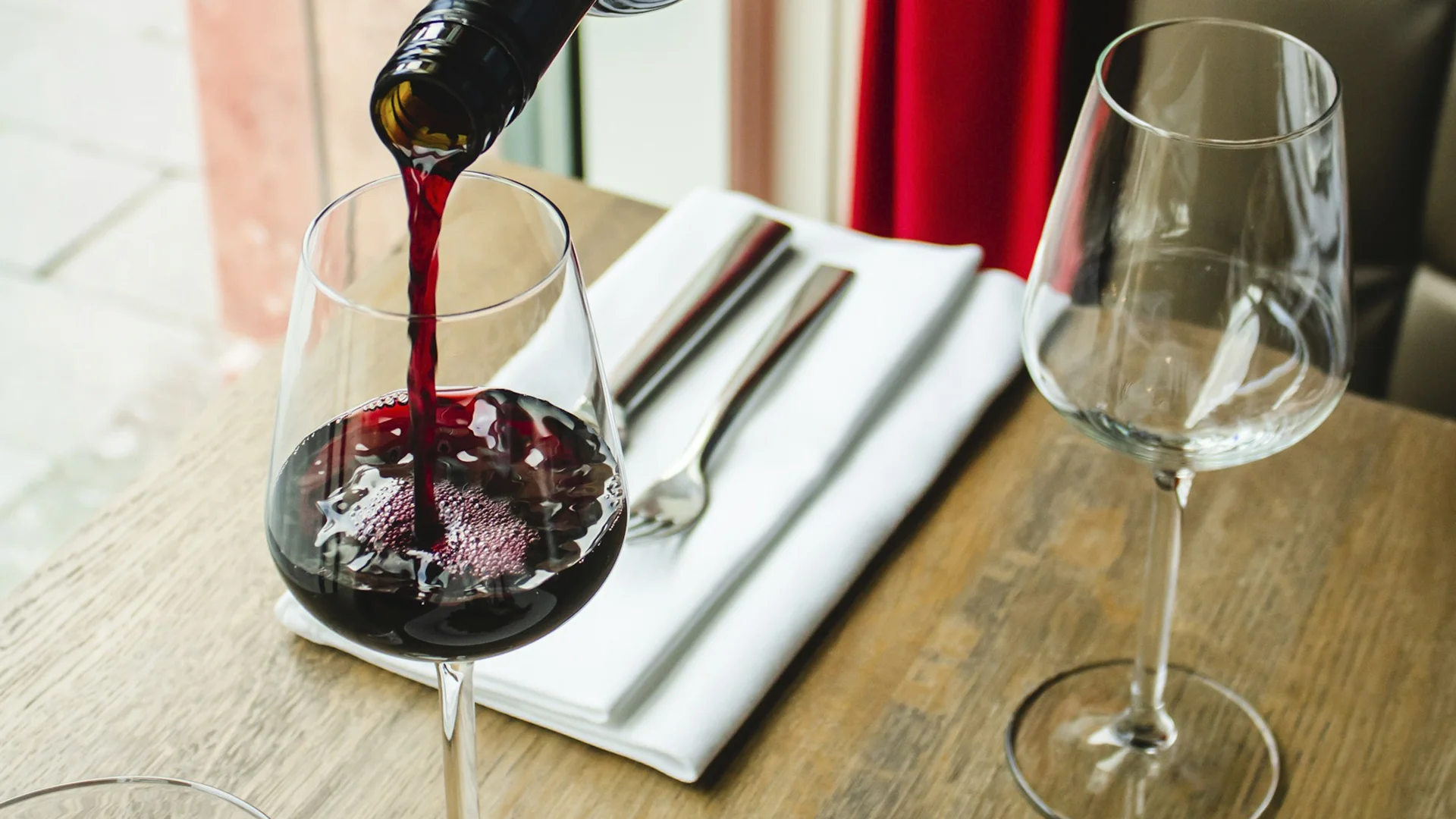












.webp)

.webp)
.webp)
.webp)



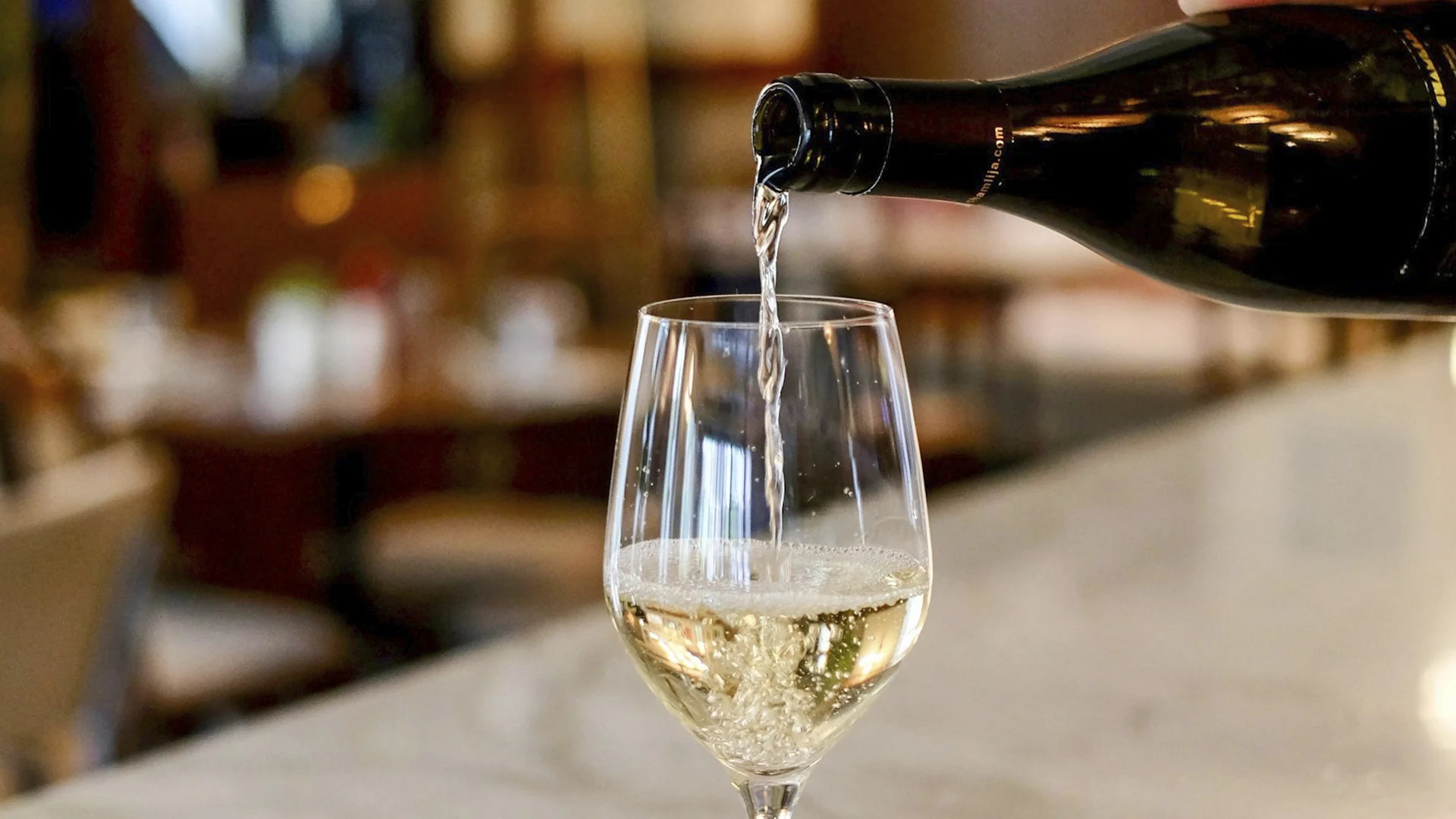


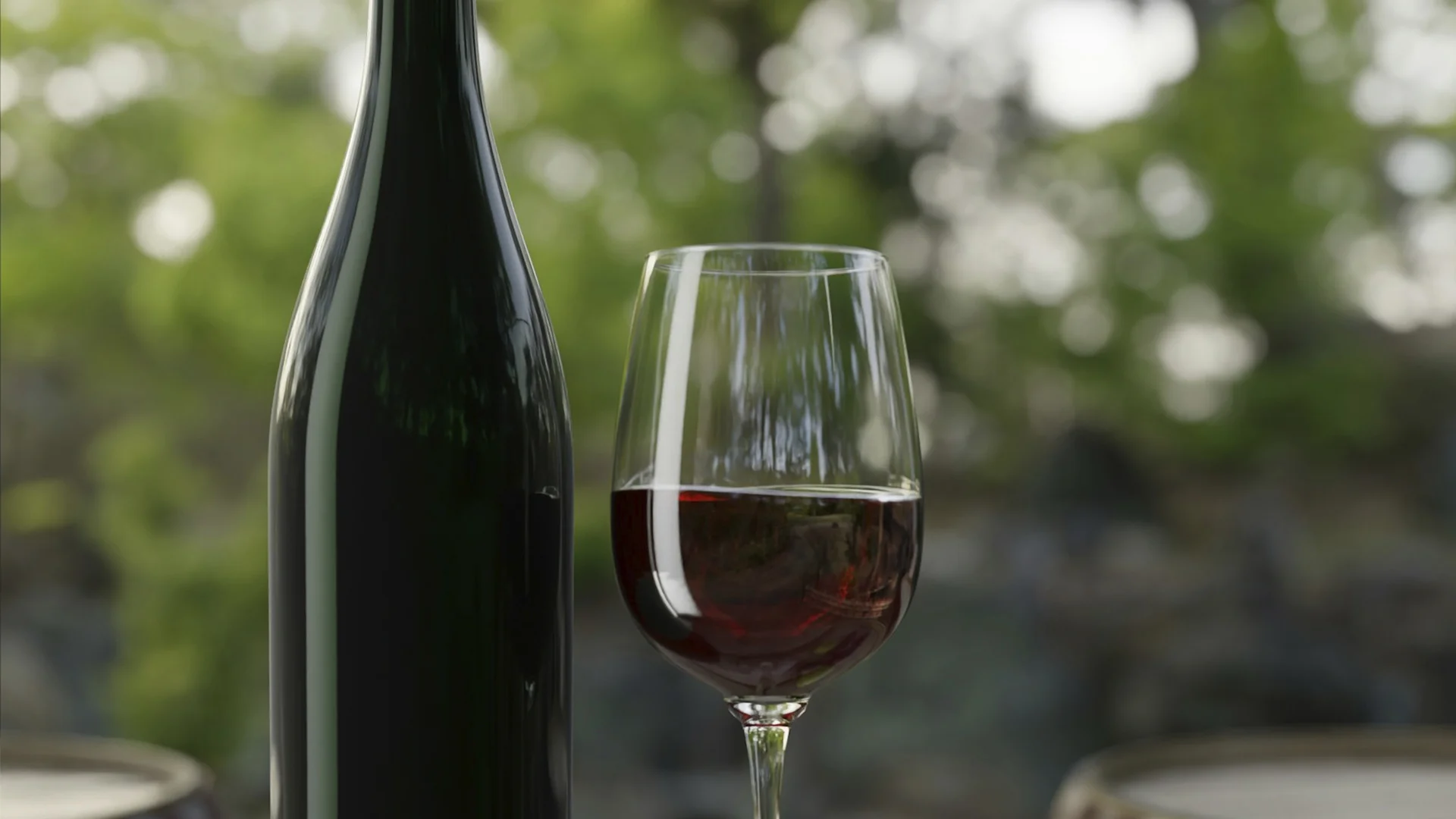



















.webp)











Are you interested in
collaborating with us?